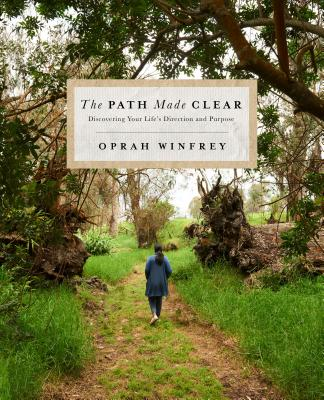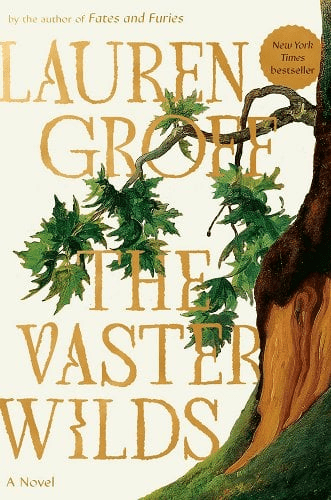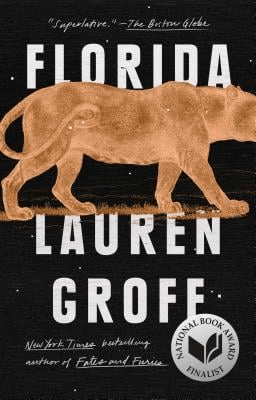The Way of Integrity by Martha Beck was another “Oprah pick” that I listened to via audiobook. In it, Beck uses the framework of Dante’s Inferno to organize her own self help book. I have noticed this method with the other self help books, and, as a framework, my critique is…okay, fine, why not?
The book is full of examples from life coach clients and Inferno, but the strongest moments are when she writes about her own life and her own experiences. I have not read her other works, but it sounds like she’s written extensively about her personal life, so maybe that’s why it does not figure more prominently in this book. Even still, I would have loved to learn more about her own experiences, and how she continues to wrestle with, or overcome her own problems.
Interestingly, she writes about important issues in her own life, issues that sound incredibly difficult to navigate, but she writes about these issues with a calm, removed, even cool, understanding. Calmness is important and helpful and helps convey that she has resolved these difficult issues–she has processed them and moved on. However, sometimes her tone is even sort of droll and eye-rolly about her own painful experiences. I do not blame her for not writing about the stuff that is not entirely healed and processed. Not at all. Don’t do it. However, I would like to hear a bit more of navigating challenges during the process, while the thing is still “in process.” Just a thought. Maybe she’ll do that. Maybe someone else will.
Overall, Beck seems skills at quickly assessing and distilling people’s issues into manageable work that can be healed and overcome. That’s nice. That’s hopeful.









